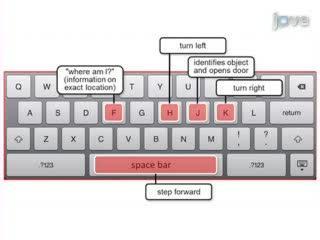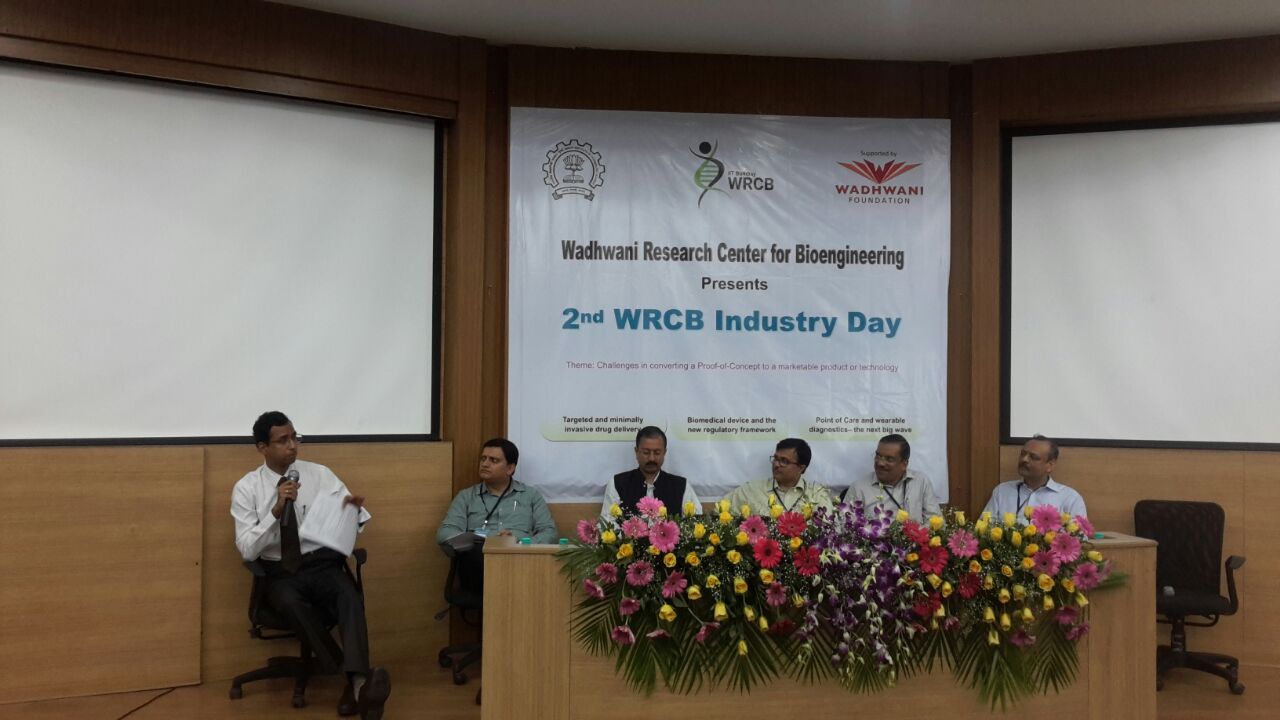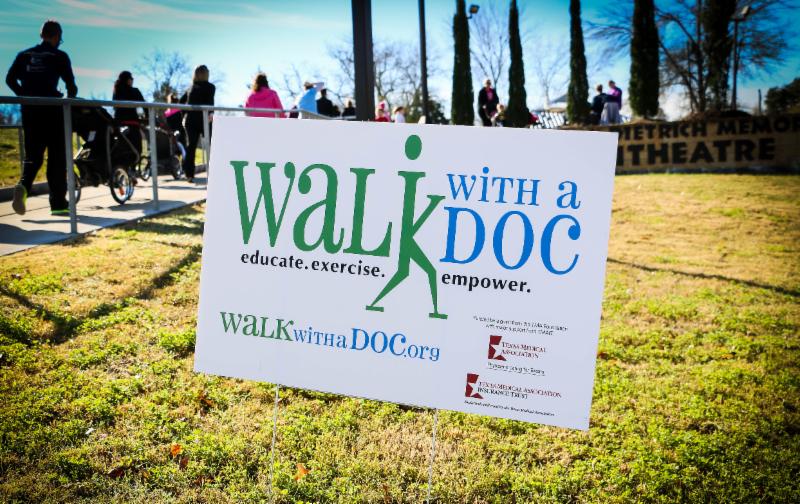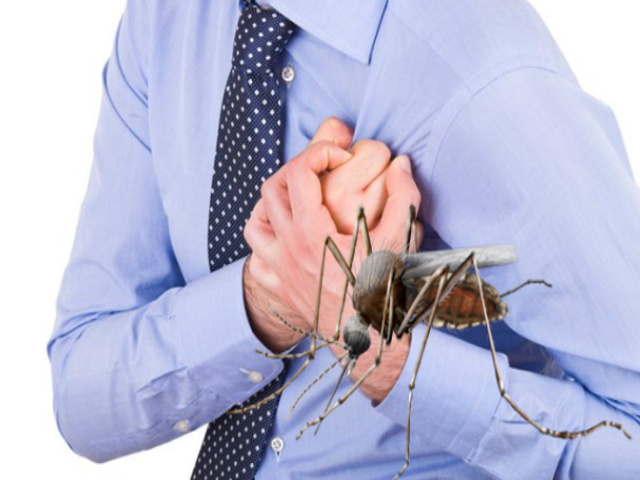

JoVE (Journal of Visualized Experiments) has published a new video article by Dr. Lotfi Merabet showing how researchers in the Department of Ophthalmology at Massachusetts Eye and Ear Infirmary and Harvard Medical School have developed a virtual gaming environment to help blind individuals improve navigation skills and develop a cognitive spatial map of unfamiliar buildings and public locations.

“For the blind, finding your way or navigating in a place that is unfamiliar presents a real challenge,” Dr. Merabet explains. “As people with sight, we can capture sensory information through our eyes about our surroundings. For the blind that is a real challenge… the blind will typically use auditory and tactile cues.”
The technique utilizes computer generated layouts of public buildings and spatial sensory feedback to synthesize a virtual world that mimics a real world navigation task. In the game, participants must find jewels and carry them out of the building, without being intercepted by roaming monsters that steal the jewels and hide them elsewhere. Participants interface with the virtual building by using a keyboard and wearing headphones that play auditory cues that help spatially orient them to the world around them. This interaction helps users generate an accurate mental layout of the mimicked building. Dr. Merabet and his colleagues are also exploring applications of this technology with other user interfaces, like a Wii Remote or joystick.
“We have developed software called ABES, the Audio Based Environment Simulator that represents the actual physical environment of the Carol Center for the Blind in Newton Massachusetts. The participants will use the game metaphor to get a sense of the whole building through open discovery, allowing people to learn room layouts more naturally than if they were just following directions.”

The technology will invariably be useful for the 285 million blind people world-wide, 6 million of which live in the United States. It will also have applications beyond the blind community for individuals with other visual impairments, cognitive deficits, or those recovering from brain injuries.
Dr. Merabet considers publication in JoVE’s video format especially helpful. “It is conceptually difficult for a sighted person to understand ‘a video game for blind people.’ What JoVE allows us to do is break down layouts of the game and strategy, show how the auditory cues can be used and how we quantify performance going from the virtual game to the physical world.”
Be a part of Elets Collaborative Initiatives. Join Us for Upcoming Events and explore business opportunities. Like us on Facebook , connect with us on LinkedIn and follow us on Twitter , Instagram.












